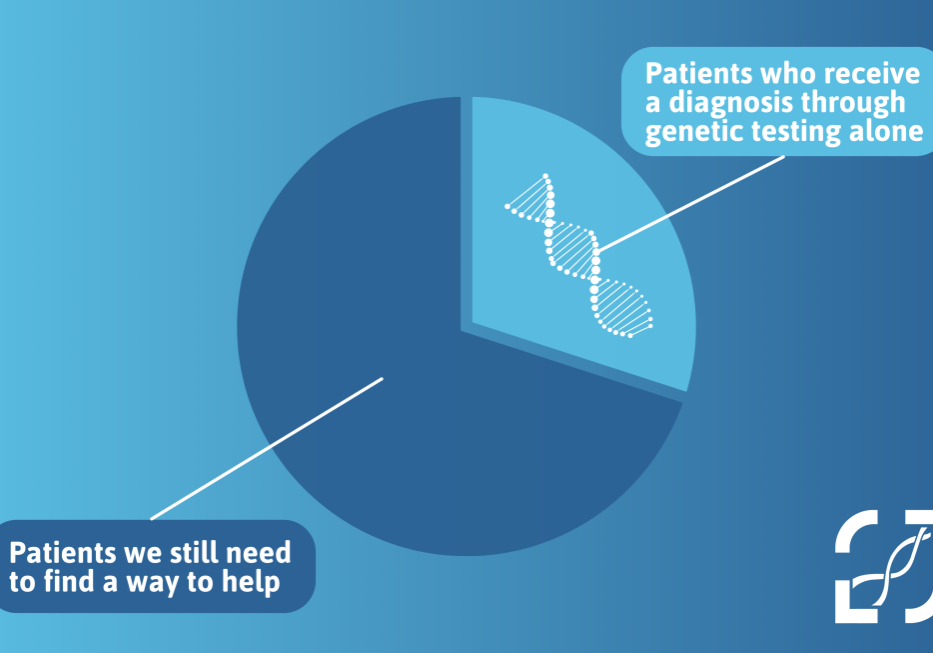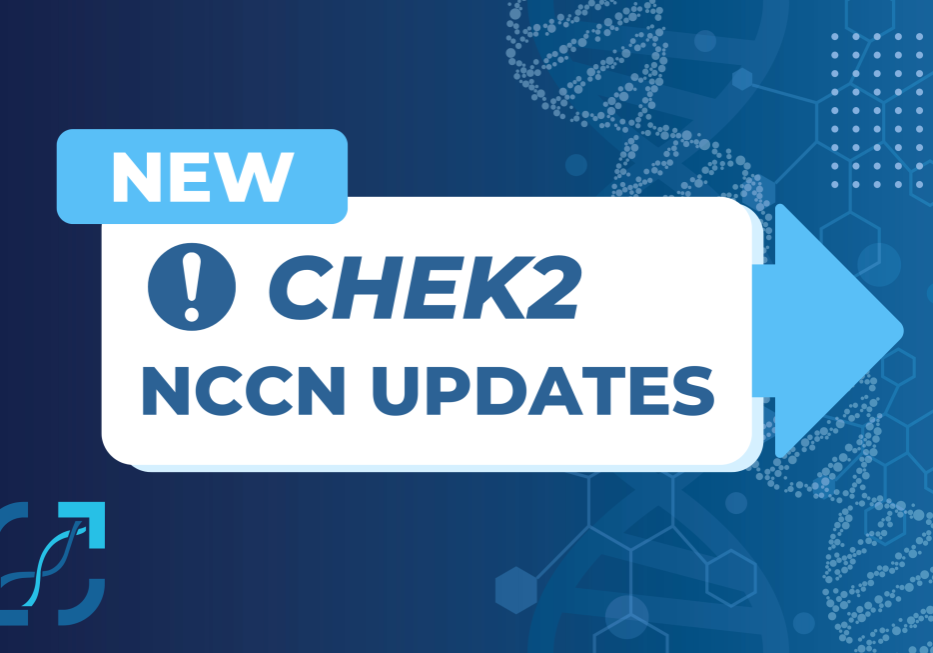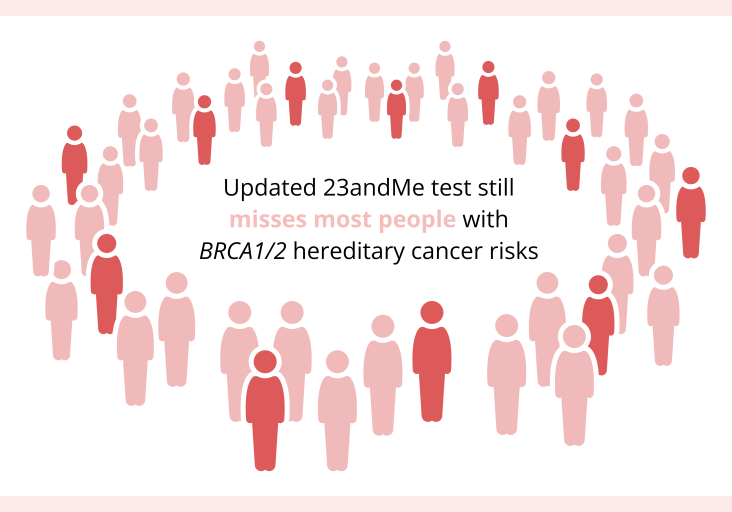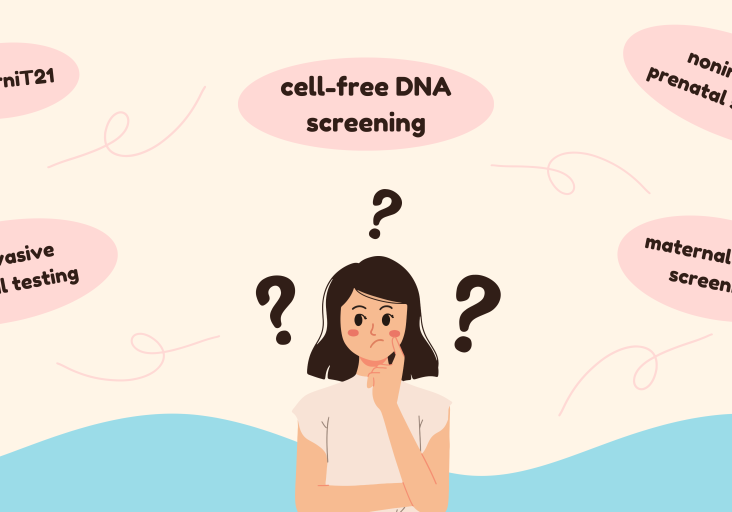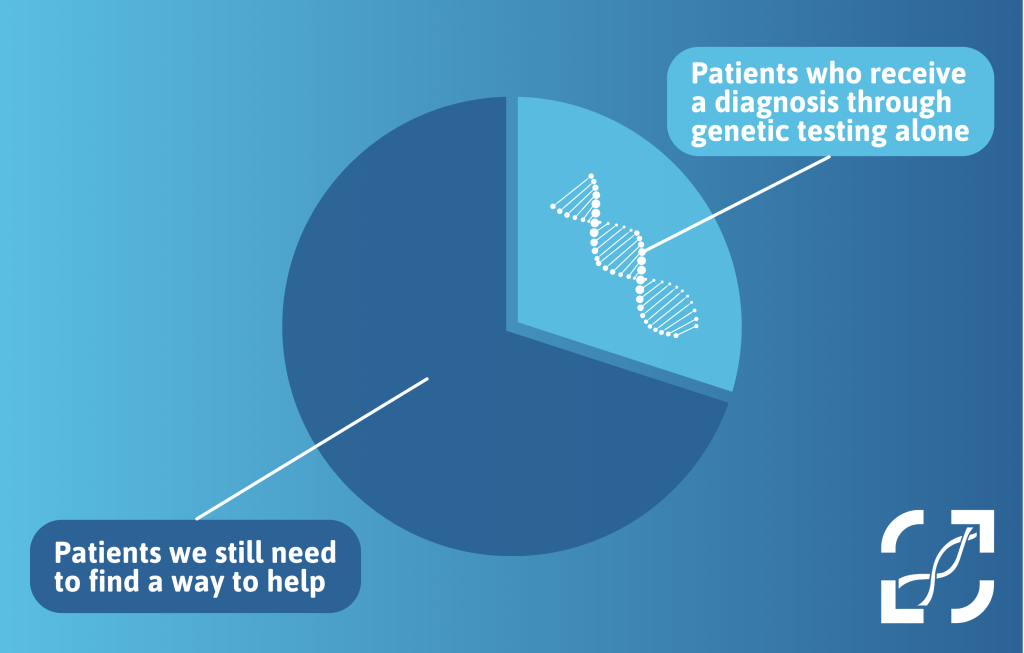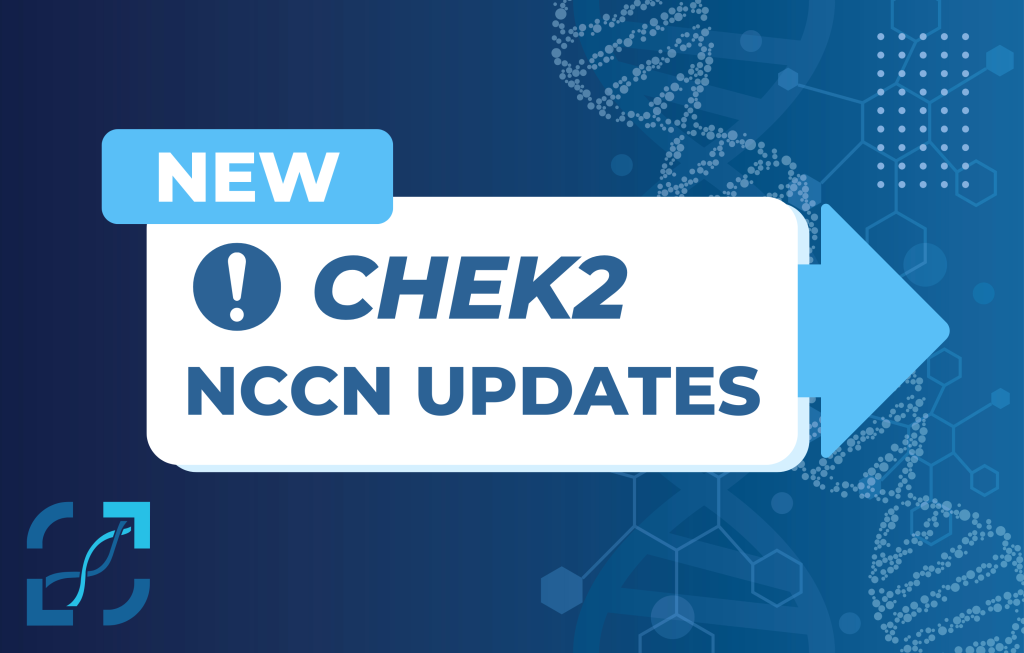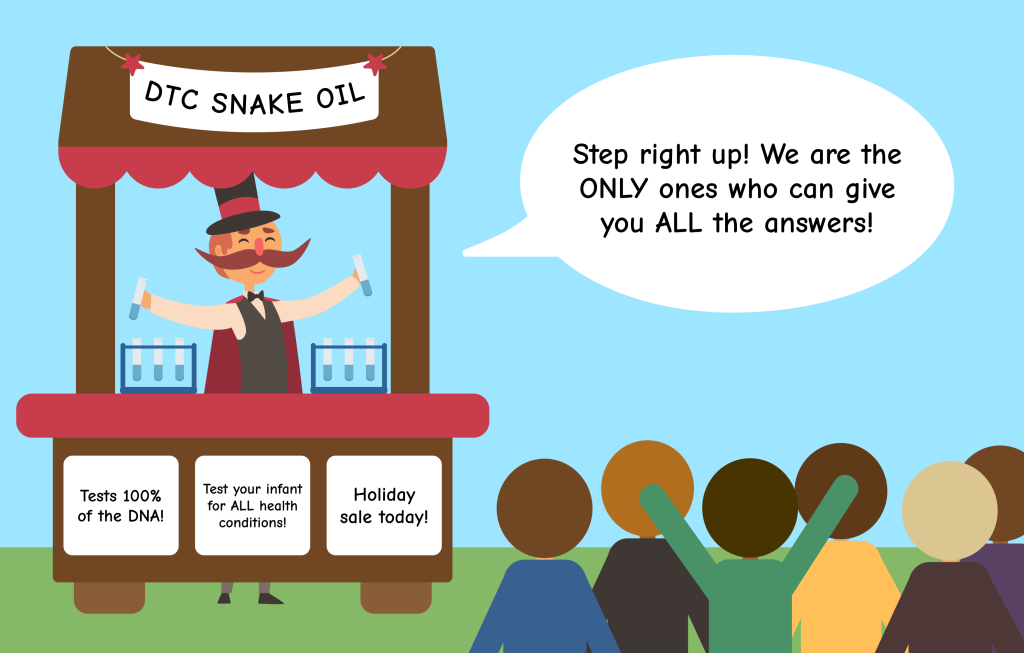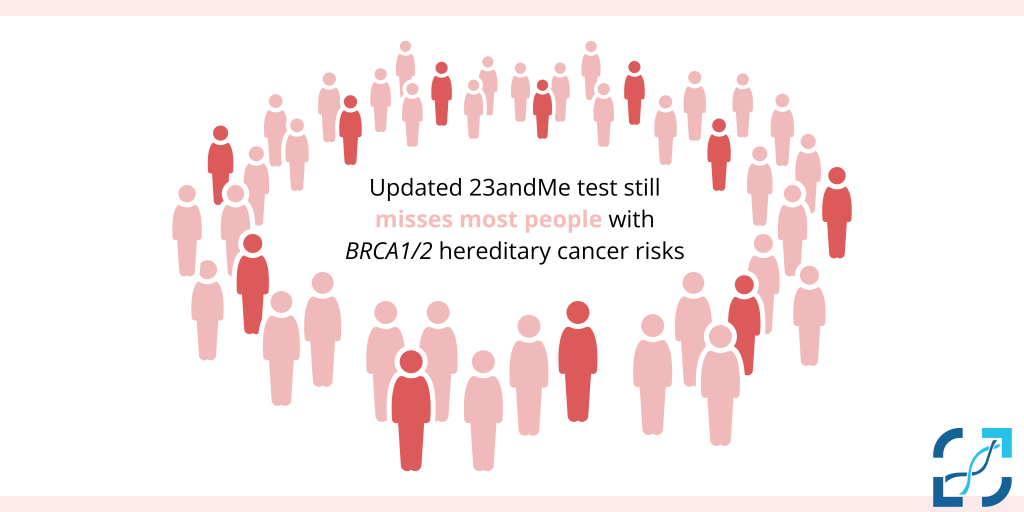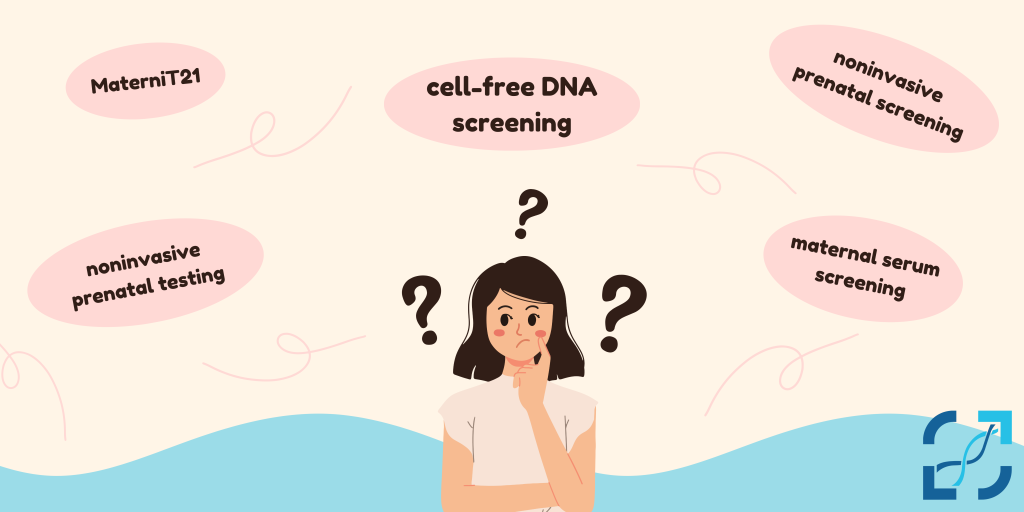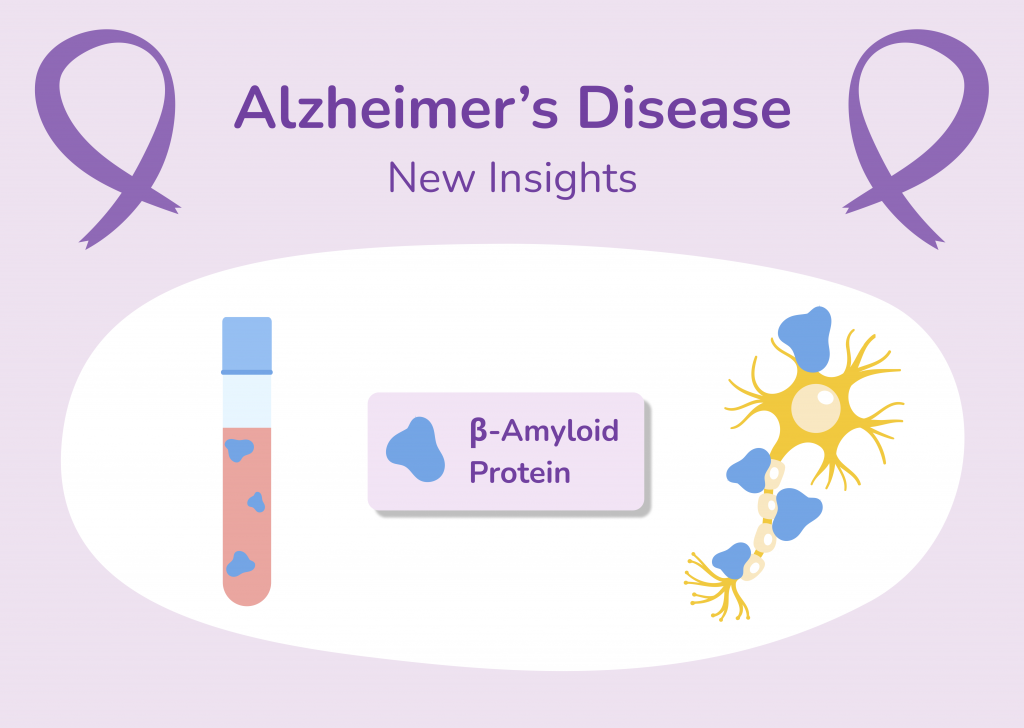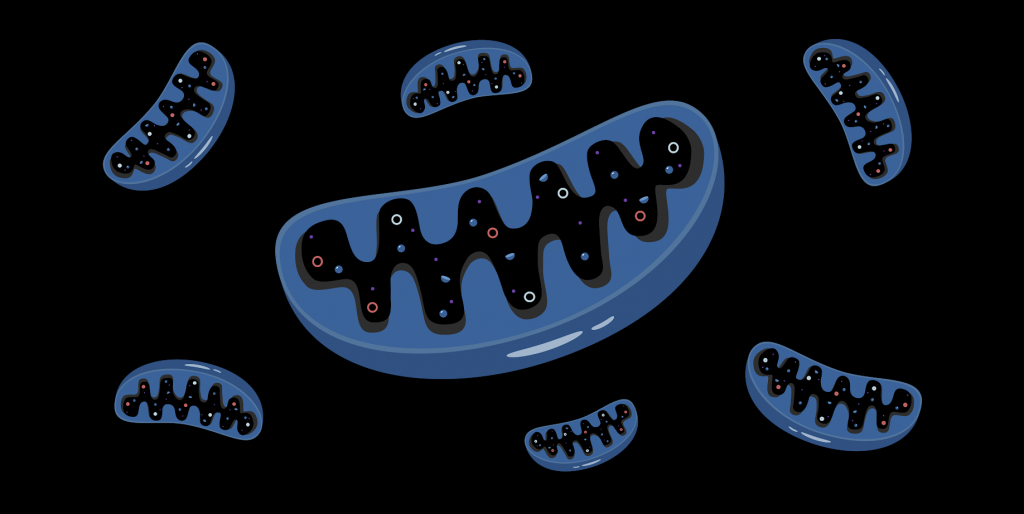Genetic Exceptionalism: Medicine’s Overreliance on Genetic Testing
By Devin Shuman, CGC (she/her) We need to talk about genetic exceptionalism. By this I mean, the notion that genetic testing is so groundbreaking that it has replaced the entire diagnostic process for many conditions. Which leaves us with the question of, what do we do when we hit the edge of genetic knowledge and …
Genetic Exceptionalism: Medicine’s Overreliance on Genetic Testing Read More »

